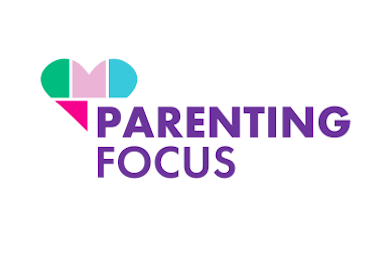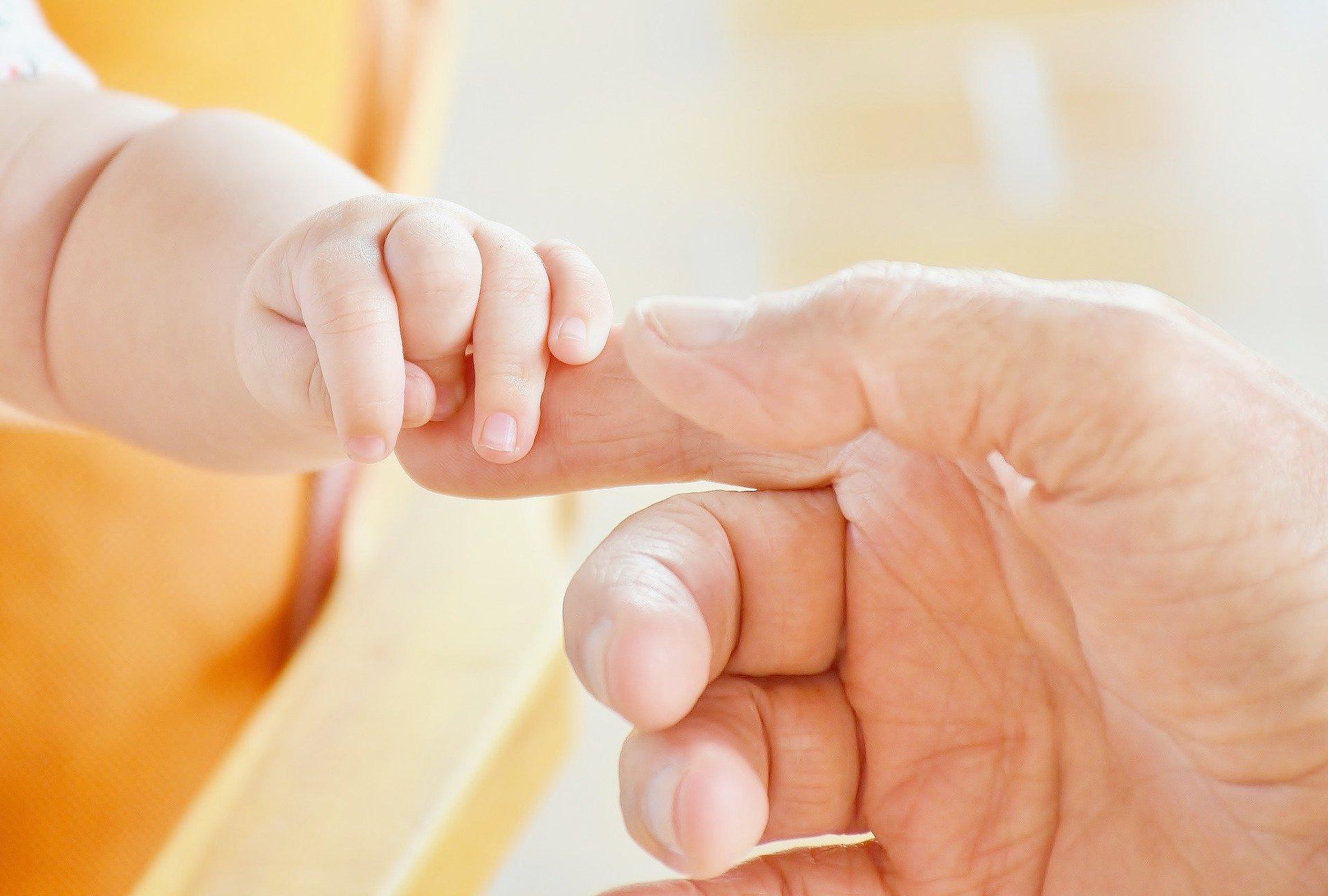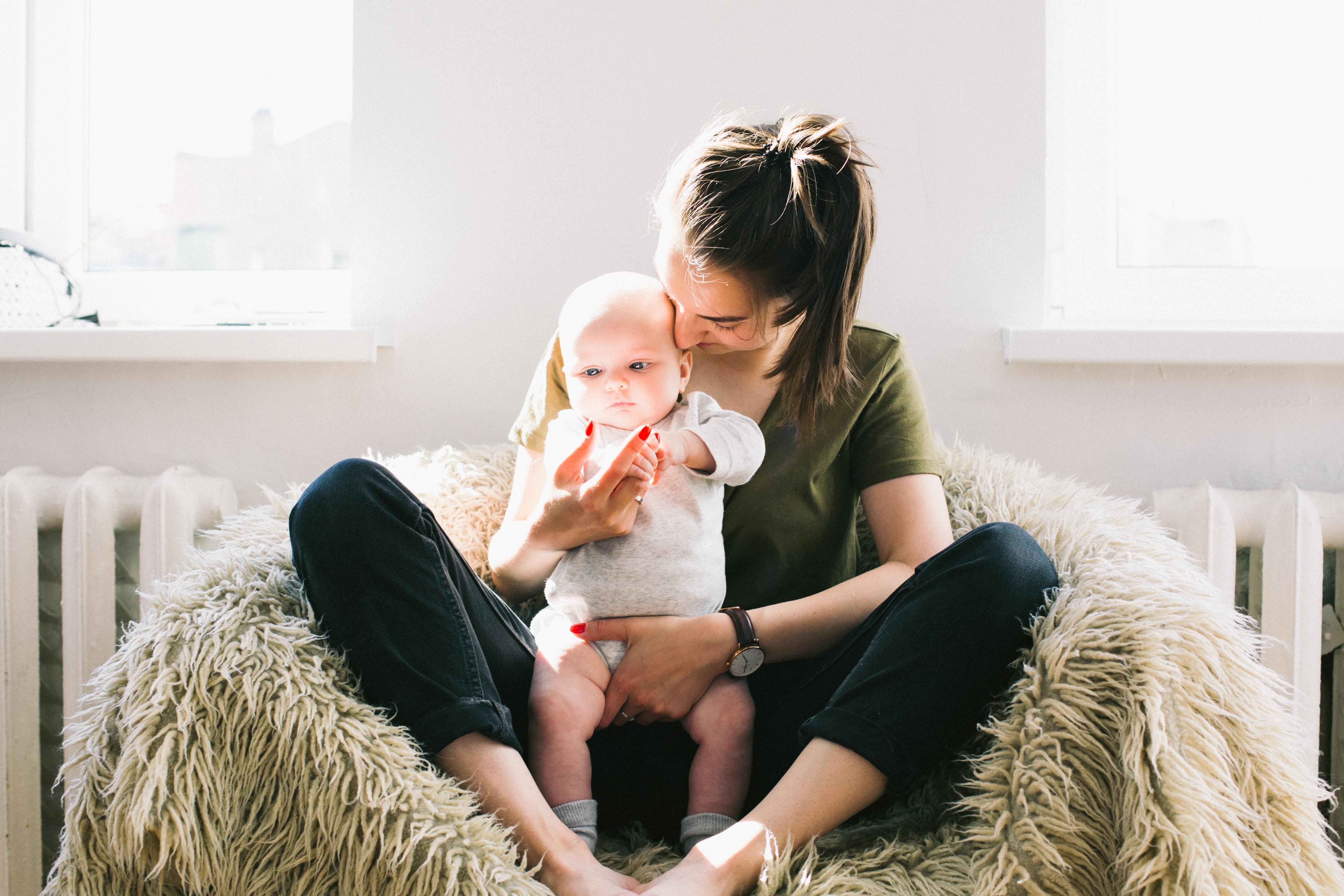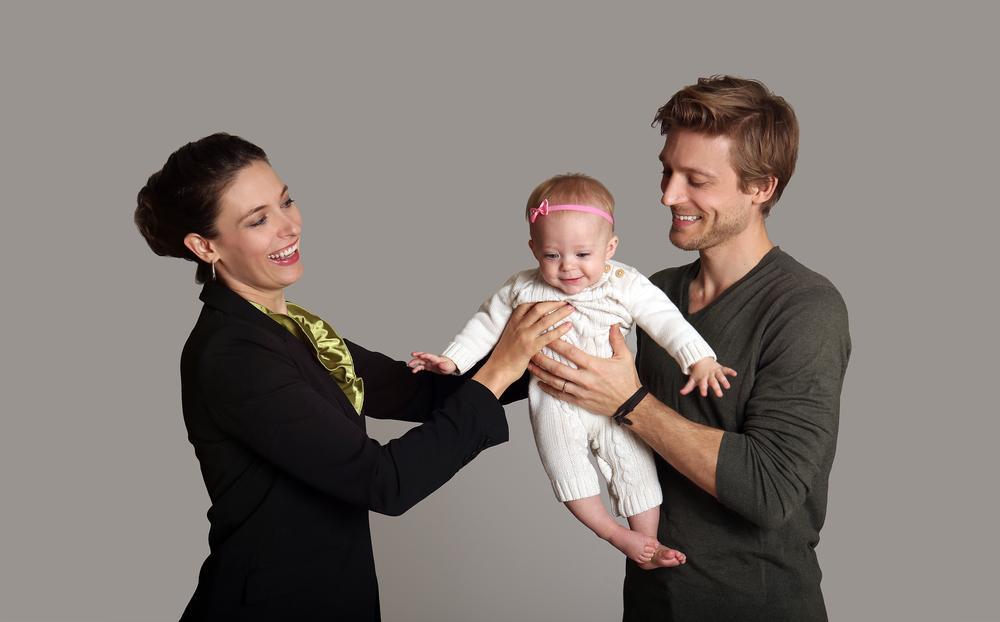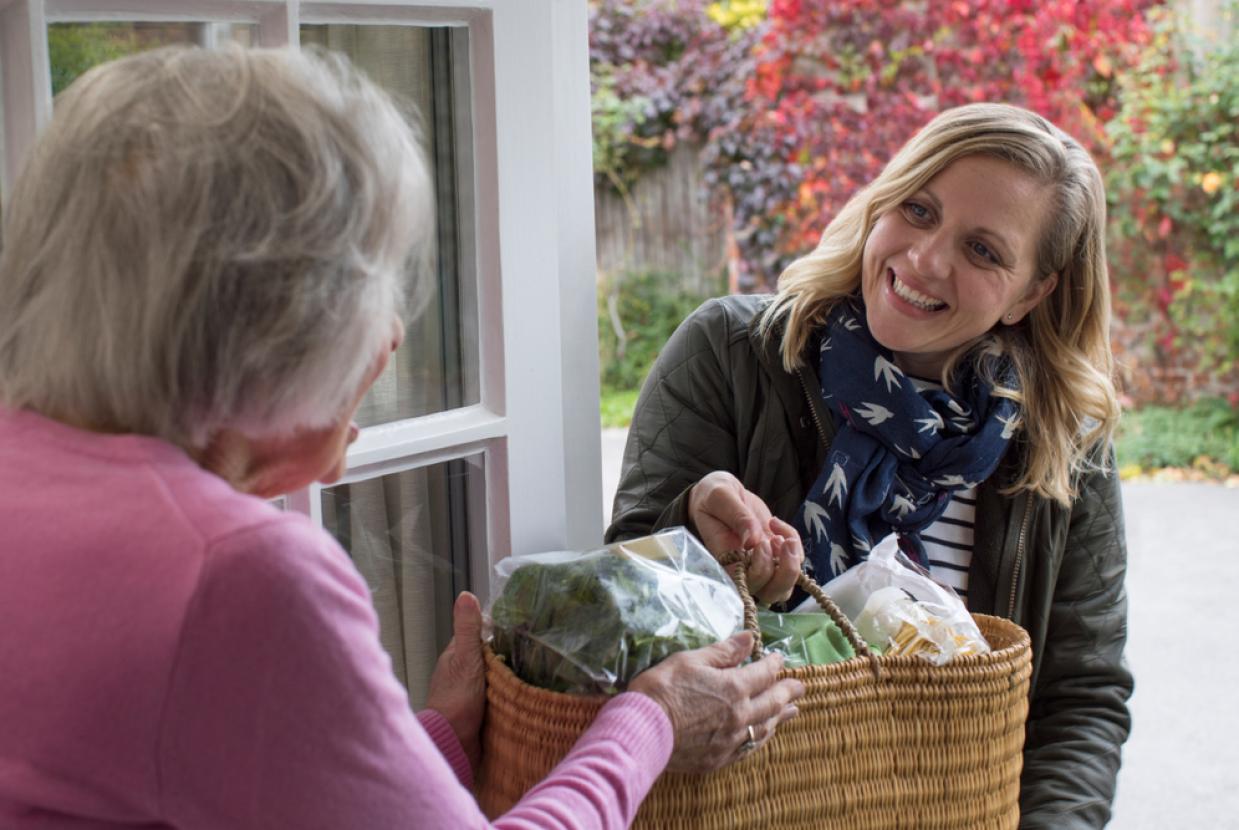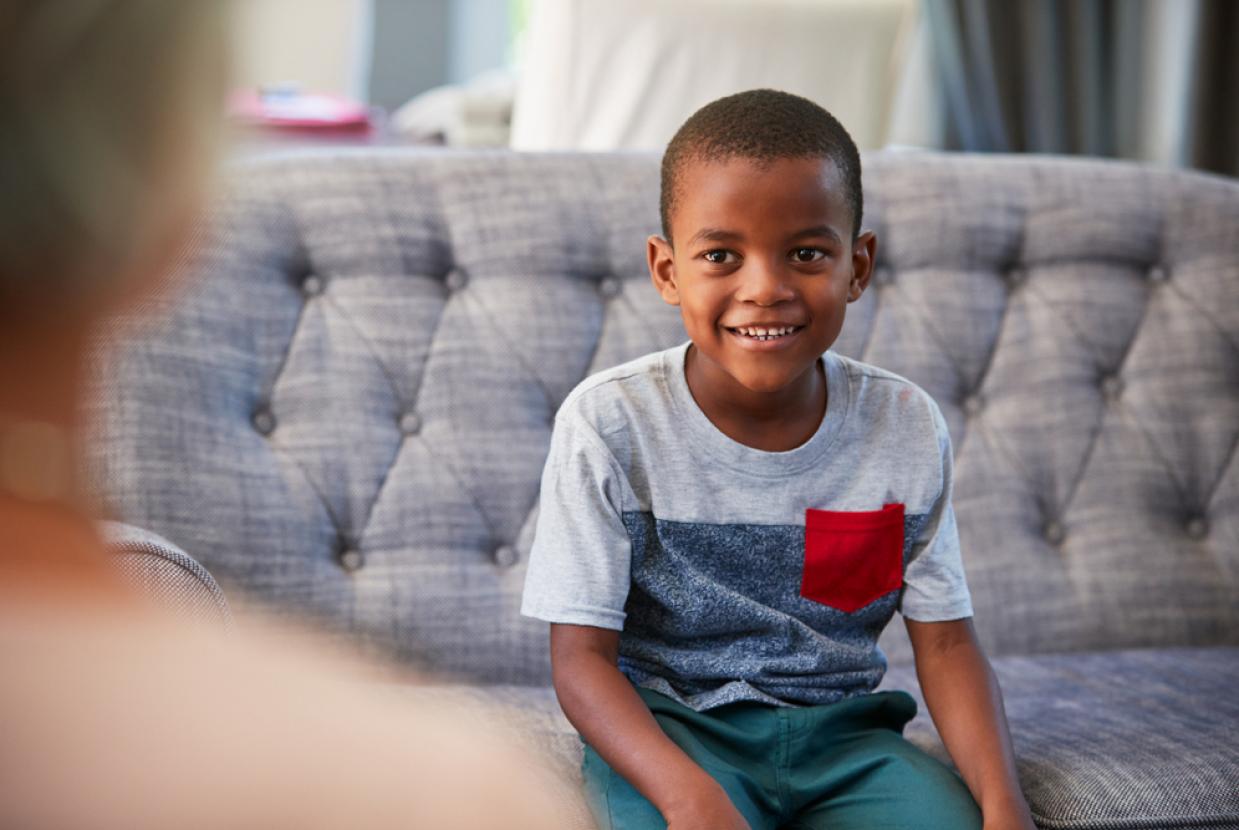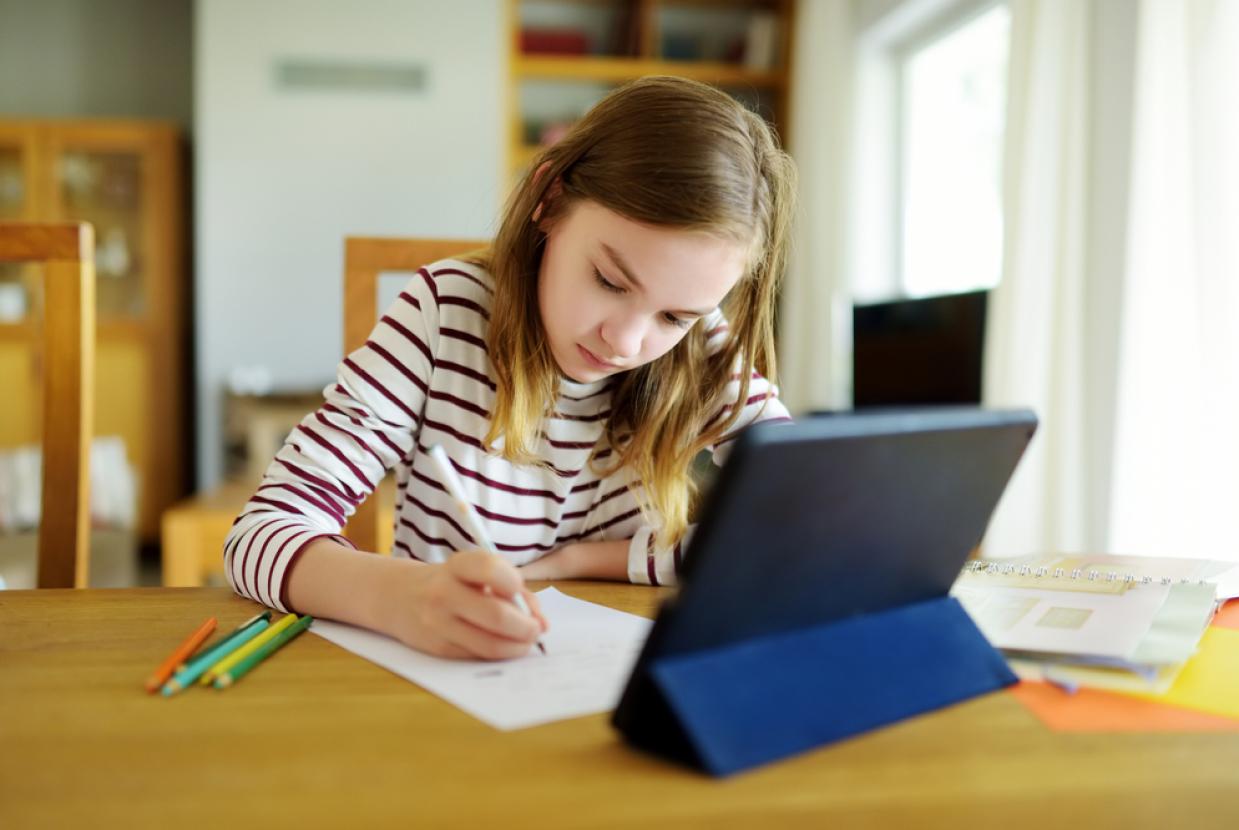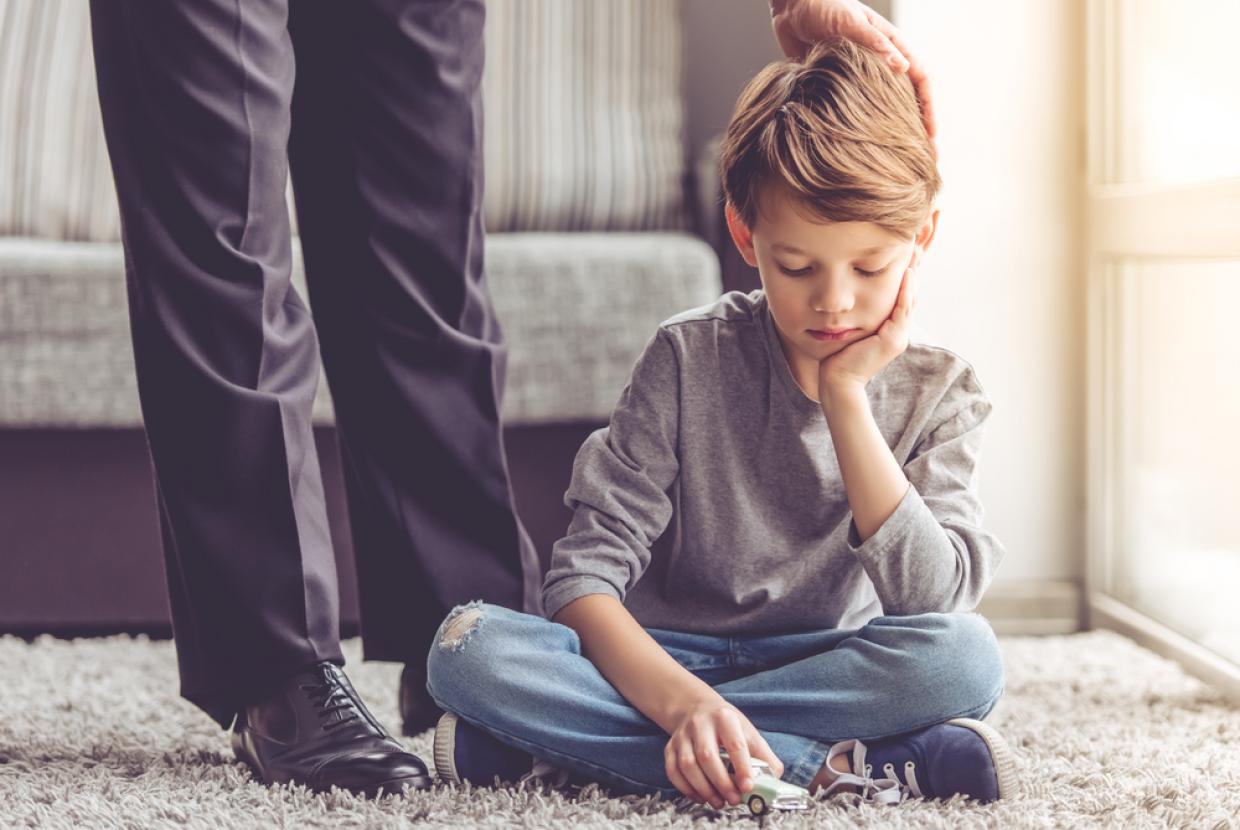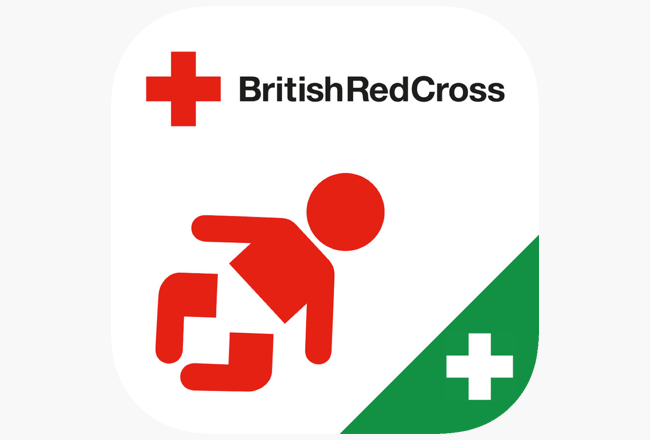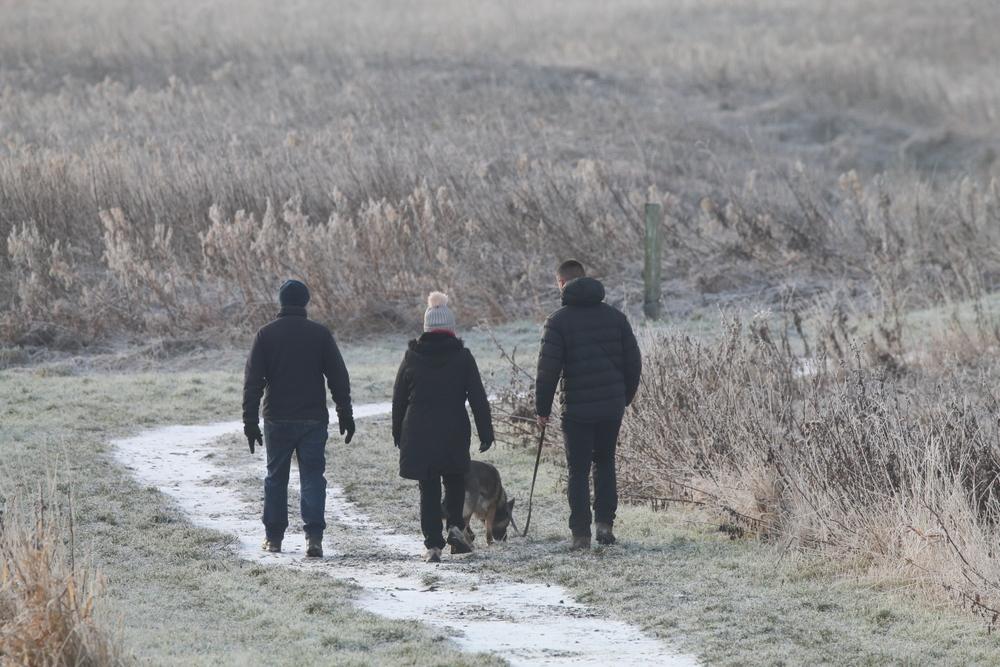Returning to School - Childhood Anxiety Top Tips
Family HealthJust like adults, it is natural for them to feel afraid or anxious at times. However, if your child's anxiety is starting to affect their wellbeing and causing a lot of distress, they may need help with managing it. This page will give you information about anxiety and resources you can use with your children to explore these feelings.
Children can feel anxious about different things at different ages, many of these kind of worries are part of growing up. For example, it is common for children to develop fears or phobias in early childhood, like being afraid of the dark, animals or water. These type of fears will usually go away gradually. There will also be other times throughout a child's life when they will feel anxiety, like starting school, before exams, and maybe even shyness leading to anxiety in social situations.
When does it become a problem?
Anxiety becomes a problem for children when it begins to affect their day to day lives. Severe anxiety will have an impact on children's mental and emotional wellbeing, affecting their self-esteem and confidence. They may become withdrawn or try to avoid situations that make them feel anxious.
How to help an anxious child
Try not to worry, there are things you can do to help support your child if they are experiencing anxiety. Firstly, it is important to talk to your child about what worries they have. When having a conversation about it, reassure them and show them you understand how they feel.
Explain to your child that anxiety has physical affects on our bodies to help them recognise when they feel anxious. Ask them the way their body reacts when they are worried, this might include: stomach pains/aches/butterflies, dizziness, heart racing, shaking, or sweating.
It's important to focus on finding solutions with your child. As a parent it's natural to want to protect our children from anything that will worry them. However, rather than encouraging your child not to do something or distancing them from the thing causing their anxiety, try exploring solutions with them. Reassure your child by telling them you understand they are feeling anxious and get them to think about the things they could do to help themselves feel better.
It's good to talk
Just talking to your child about how they feel can often be a massive help. Being able to talk to you about what they’re experiencing can support them to feel calmer and more comfortable.
If older children don’t feel like talking right away, encourage them to write their feelings down. This can often help release any anxiety they maybe feeling and to see things more clearly. Alternatively, your child might like getting creative and might like to draw pictures to ease any anxiety they are having.
Recognise the signs
Teach your child about the signs of anxiety so they can recognise when they are starting to feel anxious and ask for help when they need it.
Get into routine
Children of all ages find routines reassuring. Try to stick to regular daily routines where possible.
If you know there are changes coming up such as moving house or school, prepare your child by talking to them in advance about when it is happening and why.
Promote independence
Try not to become too anxious yourself. Rather than doing things for your child or helping them to avoid anxiety-provoking situations, encourage your child to find ways to manage them.
Confidence is key
When children are anxious they will feel less confident. Challenge any negative thoughts they communicate and reaffirm positive thinking. Try an exercise with them where they can write a list of all the things they like most about themselves or things they are good at/enjoy.
Relaxation techniques
Practice simple relaxation techniques with your child, such as taking three deep, slow breaths, breathing in for a count of three and out for three.
Distraction
Distraction can be helpful for young children. For example, if they are anxious about going to nursery, play games on the way there, such as seeing who can spot the most red cars.
Healthy living
There is a truth to the saying “healthy body, healthy mind”, diet and exercise can help improve our moods. Try to reduce your child’s sugar and caffeine intake as they can make anxiety worse. Eating balanced meals at set times can help get the body into a routine which can ease anxiety. It can also help to exercise. Anxiety releases adrenaline, but doing things like walking, going to the gym, running or swimming helps take the adrenaline levels back down again. This can reduce the physical feelings of anxiety.


